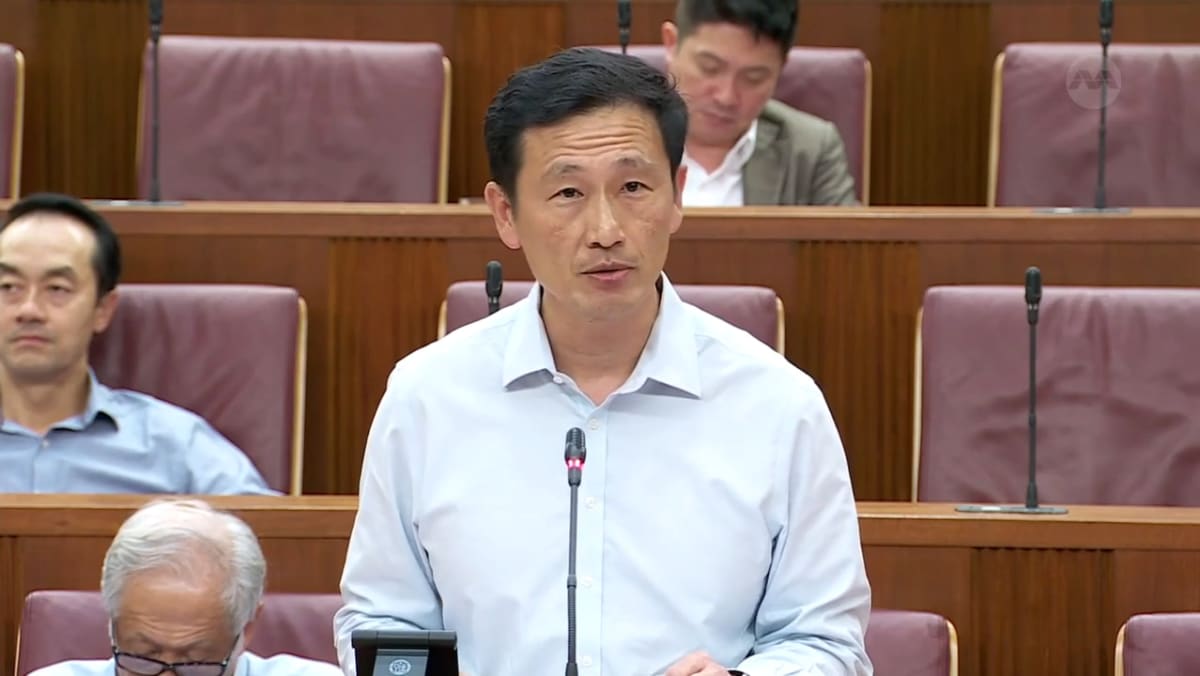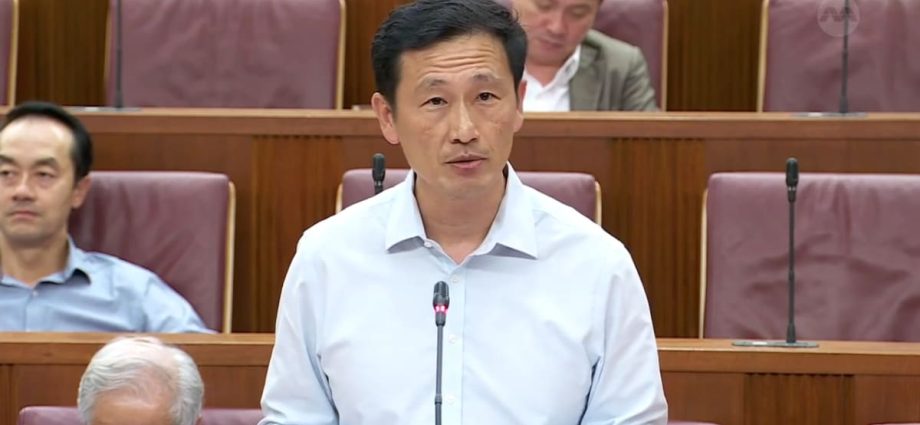
SINGAPORE: Singapore needs to make sure healthcare spending as a proportion of GDP does not increase too much, Health Minister Ong Ye Kung said.
“In the coming years, our challenge is not to spend more, but to ensure we do not go the way of many OECD countries, with the healthcare fiscal burden spiralling and escalating out of control,” he said on Wednesday (May 10) in parliament.
It is also “widely known” that spending more on healthcare does not necessarily lead to better health outcomes, he added.
Mr Ong said the US and UK spend 17 per cent and 10 per cent of their gross domestic products on healthcare respectively. That compares with 4 per cent in Singapore.
But the US and UK still face a high incidence of chronic illness, high obesity rates and lower expected lifespans.
“We have delivered good health outcomes given what we are spending,” he said.
The minister was responding to points brought up by Non-Constituency MP Leong Mun Wai (PSP) during a two-day debate on a motion on supporting healthcare, which was tabled by Nominated MPs Dr Tan Yia Swam, Mr Abdul Samad and Dr Shahira Abdullah.
GOVERNMENT SPENDING ON HEALTHCARE
In his speech, Mr Leong said the government has not contributed enough to cover healthcare expenditure. He cited World Health Organization statistics on Singapore’s government covering 43 per cent of healthcare costs in 2019, compared with 33 per cent in 2011.
He said the figure is still much lower than the average of 75 per cent for Organisation for Economic Cooperation and Development (OECD) countries.
“Singaporeans are experiencing first-world healthcare costs but receiving much less first-world financial support from the government,” Mr Leong said on Tuesday.
He called on the government to help Singaporeans cope with rising healthcare costs to reduce social inequality.
“While a wealthier family can handle a medical catastrophe better, a similar catastrophe can easily wipe out the MediSave and cash savings of a low-income family even after MediShield payout,” he said.
In response, the Health Minister said Singapore has been able to keep healthcare affordable for middle- to lower-income groups.

